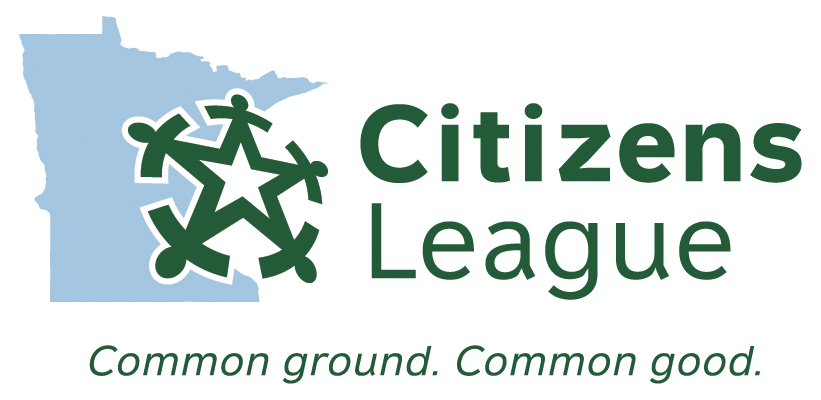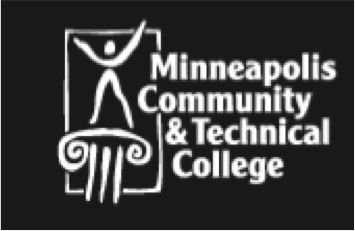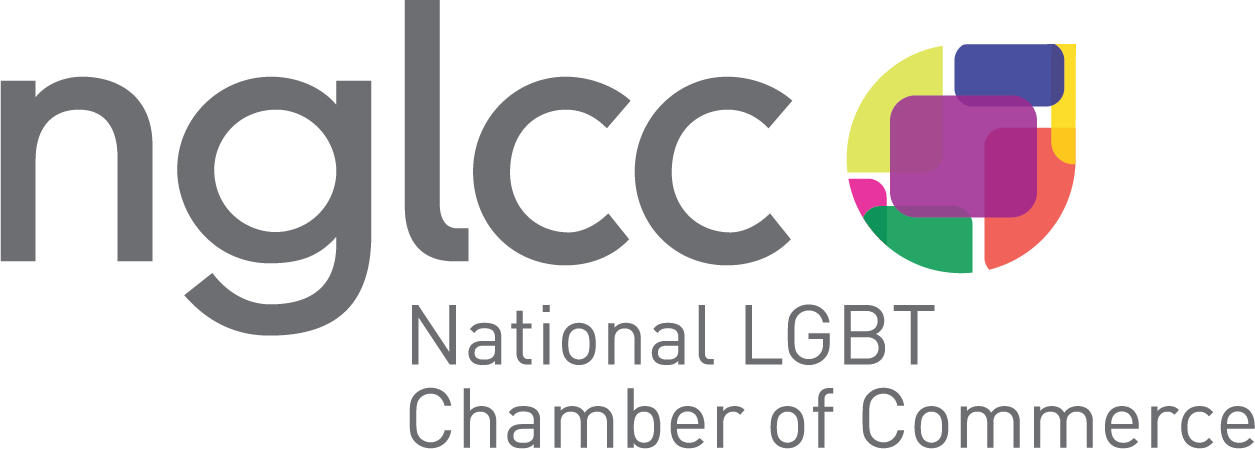 In the second part of my interview with D-L Stewart, we discuss where D-L finds kinship and “refills his well”, shares the biggest lessons and points of guidance for others doing social justice work in higher education spaces. D-L shares suggestions for maintaining the momentum needed for transformative social justice work and provides strategies for investing in people’s lives in higher education. Stay tuned for the comprehensive reading list of works that inform his work and details on how to add D-L to your network.
In the second part of my interview with D-L Stewart, we discuss where D-L finds kinship and “refills his well”, shares the biggest lessons and points of guidance for others doing social justice work in higher education spaces. D-L shares suggestions for maintaining the momentum needed for transformative social justice work and provides strategies for investing in people’s lives in higher education. Stay tuned for the comprehensive reading list of works that inform his work and details on how to add D-L to your network.
About D-L:
D-L is a scholar focusing on postsecondary education and issues of minoritization; trans parent of a trans child; Violet’s human; Capricorn; over 40 Gen-Xer.
Show Highlights:
- Where does D-L find support and community in this work? 03:29
- D-L shares several resources that inform his approach to social justice work in higher education 06:18
- How does D-L find the time to read? 08:40
- D-L talks about the importance of relationships in social justice work 11:49
- A piece of guidance learned along the way 12:56
- 16:46 How does D-L suggest campus professionals in handing off the baton 18:01
- Provides insights about the paradigm shift of deepening relationships in daily practice and investing in people’s lives 21:00
- Here’s how you can add D-L to your network 29:53
Notable Quotes:
- “One [lesson I’ve learned] is the importance of relationships and really be able to invest in relationships in order to do the work, because we can’t do this work in isolation – it just doesn’t work. We’ve got to be able to work with other people and not everybody is not automatically going to see things the way you do, so you’ve got to find ways of submit to doing the work of being in relationship.” 11:49
- “Change takes a really long time in these systems and structures and you may not do all of it. That after all this chain of pieces being done and being linked together, suddenly leads to, “Wow, yeah this is a very different place than it was 20 years ago, but it took 20 years to get here. That doesn’t mean you have to be the one doing the whole piece over those 20 years, but you’ve got to be willing to…14:20 I think about track and field, the relay races – it’s no one person’s job to run the entire 1600 meters (of the 4×4 relay ). Your job is to run the 400 meters that you have as best as you can.” 13:22
- “Change happens in chunks and change happens also piecemeal and we have to develop a long-term strategy orientation for that, which is not easy. It can be really frustrating and that’s just how it works. When you’re tapped out, it’s time to hand off the baton and do it in a way that allows the work to continue to move forward. I see too often people that get burned out and they’re done and they have not set up the next person to assume that leadership, they have not passed on the knowledge and insights they’re not still available for questions and perspective – now, you’ve set it up for people to start all over again. How are you contributing to transformation? That’s not transformative practice in and of itself.” 14:40
- In response to siloed equity and inclusion efforts and institutional transformation:
“At some point the institution has to be willing to invest in capacity-building across the campus. This becomes a leadership question. There’s a difference between the one-on-one and “let me help you understand what’s going on here” and to engage in that labor, to recognize that you are engaging in labor that is not yours to do – that’s one thing.
When you’re talking about institutional-level system change, it becomes the institutional leadership’s responsibility to invest in capacity-building. When that does not happen and it’s left to the so-called specialists of diversity and equity, to do all of the work, then the institution has not made a commitment to capacity-building or to transformational change.” 18:38 - Simple things to let people know they’re valued and invest in deep connection:
“You’ve got to be willing to know the people you’re working with, hear what they’re saying, this is deep knowledge and deep connection…It’s knowing you’ve got a nonbinary trans member is part of this committee, part of this staff and you continually hold meetings in places that don’t have all gender restrooms…What are you communicating about value to that person? I think you’re communicating you don’t value them, so either you’re going to start an initiative to create for that building space, which you may or may not control, to have an all gender bathroom and in the meantime, you’re going to move the damn meeting.” 25:33 - Inspirational quote from James Baldwin:
“I love America more than any other country in the world and, exactly for this reason, I insist on the right to criticize her perpetually.” 32:32
Links Mentioned:
Books
- “When They Call You a Terrorist” by Patrisse Khan-Cullors and Asha Bandele
- “Freedom is a Constant Struggle” by Angela Davis
- “Normal Life” by Dean Spade
- “On Being Included” Sara Ahmed
- “Everyday Utopias” Davina Cooper
- “The Fire This Time: A New Generation Speaks About Race” Edited by Jesmyn Ward
- “Living a Feminist Life” by Sara Ahmed
- “Shadow House Fall” by Daniel José Older
- “Binti” series by Nnedi Okorafor
Connecting with D-L:
Some important context from D-L:
- I’m an introvert and socially awkward and so it will always look like I want to run away if you approach me and I don’t know you;
- It might take me a few days but your email will be answered;
- Phone calls will be incredibly difficult to squeeze in and I’m not much of a phone talker.
Where to connect with D-L:
- Email: d-l.stewart[at]colostate.edu
- Twitter: @DrDLstewart
- ASHE, AERA, ACPA, and NASPA conference spaces
Subscribe to our listserv
Want free resources, tips, and tools?








